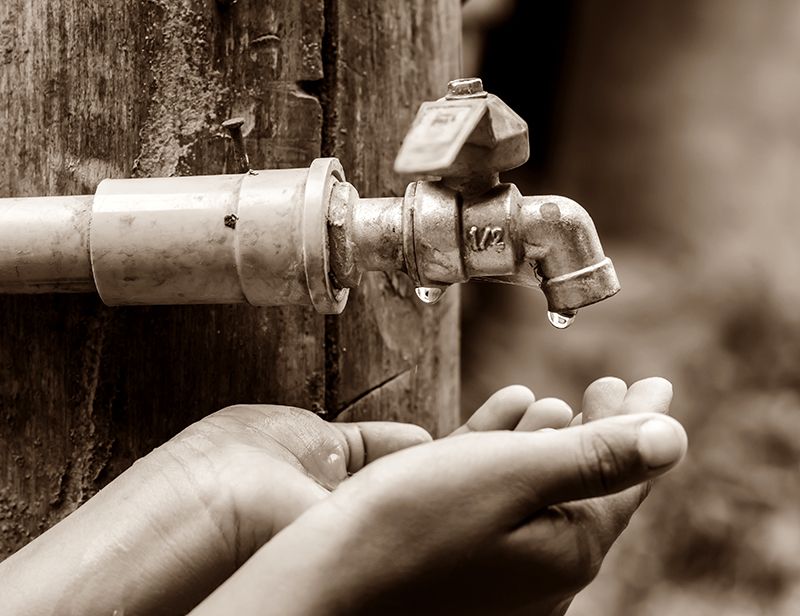Water Scarcity
 WATER SCARCITY/HNRC 4013H-002
WATER SCARCITY/HNRC 4013H-002
TUESDAYS, 2-4:50 p.m., FALL 2018
GEAR 129
Water scarcity is one of the most critical problems facing society today: One-quarter of the world’s population experiences water shortages; they affect every continent. Natural phenomena and human behavior both contribute to the problem. Over the past century, water use has been growing at more than twice the rate of the world population. Even though global freshwater resources are sufficient for seven billion people, it is distributed unevenly and much is wasted, polluted and managed unsustainably. In addition to sustaining physical vitality, water plays a significant role in cultures around the world, being front and center in many conflicts, mythologies, religions and arts.
This course is divided into three units. The first unit will introduce key terms and concepts, including:
- water resources and water footprints
- scarcity in time, place and quality
- tools to understand where and how water risks are emerging with a particular emphasis on climate change
- the cultural significance of water
The second unit will focus on water policy and management, using case studies to delve into specific examples. We will investigate issues of:
- governance and water law
- engineering and infrastructural sourcing and delivery
- technological innovation and resiliency
The final unit will focus on deepening our understanding of the cultural importance of water and on the future of coping with water scarcity and sustainability.
Course Credit
- All students: 3 hours of honors credit
- Sustainability Minor: Can be substituted for 3-hour "Tier 1 Elective"
- Fulbright College: Honors Social Science Colloquium
- Walton College: Honors Colloquium
- Bumpers College: General honors credit
About Eric Wailes
 Eric Wailes received his B.S. degree in agricultural economics with a specialization
in tropical agriculture from Cornell University. He followed as a Peace Corps volunteer
serving in Ethiopia as an advisor to the Ministry of Agriculture. His work focused
on documenting and analyzing the 1972/73 drought and famine, which claimed the lives
of more than 300,000 Ethiopians and caused misery for millions. He returned to complete
a Ph.D. in agricultural economics from Michigan State University where he specialized
in food policy and international trade. He was hired as an Assistant Professor by
the University of Arkansas in 1980, where he currently serves as Distinguished Professor
and L.C. Carter Endowed Chairholder.
Eric Wailes received his B.S. degree in agricultural economics with a specialization
in tropical agriculture from Cornell University. He followed as a Peace Corps volunteer
serving in Ethiopia as an advisor to the Ministry of Agriculture. His work focused
on documenting and analyzing the 1972/73 drought and famine, which claimed the lives
of more than 300,000 Ethiopians and caused misery for millions. He returned to complete
a Ph.D. in agricultural economics from Michigan State University where he specialized
in food policy and international trade. He was hired as an Assistant Professor by
the University of Arkansas in 1980, where he currently serves as Distinguished Professor
and L.C. Carter Endowed Chairholder.
He is known for his work on the economics of the global rice economy and food security. Rice accounts for 20% of all global calories. Much of his interest and work on water stems from the large water footprint of rice production in Arkansas, the U.S. and the rest of the world. He has worked in more than 35 countries and has developed two global rice economic models, used by major international organizations and universities. This research has been funded by more than $6 million in grant support. Wailes has written or coauthored more than 120 scientific papers on the global rice economy and food security.
For an even more in-depth description of "Water Scarcity," and a taste of what to expect from the course, watch Eric Wailes' preview lecture: